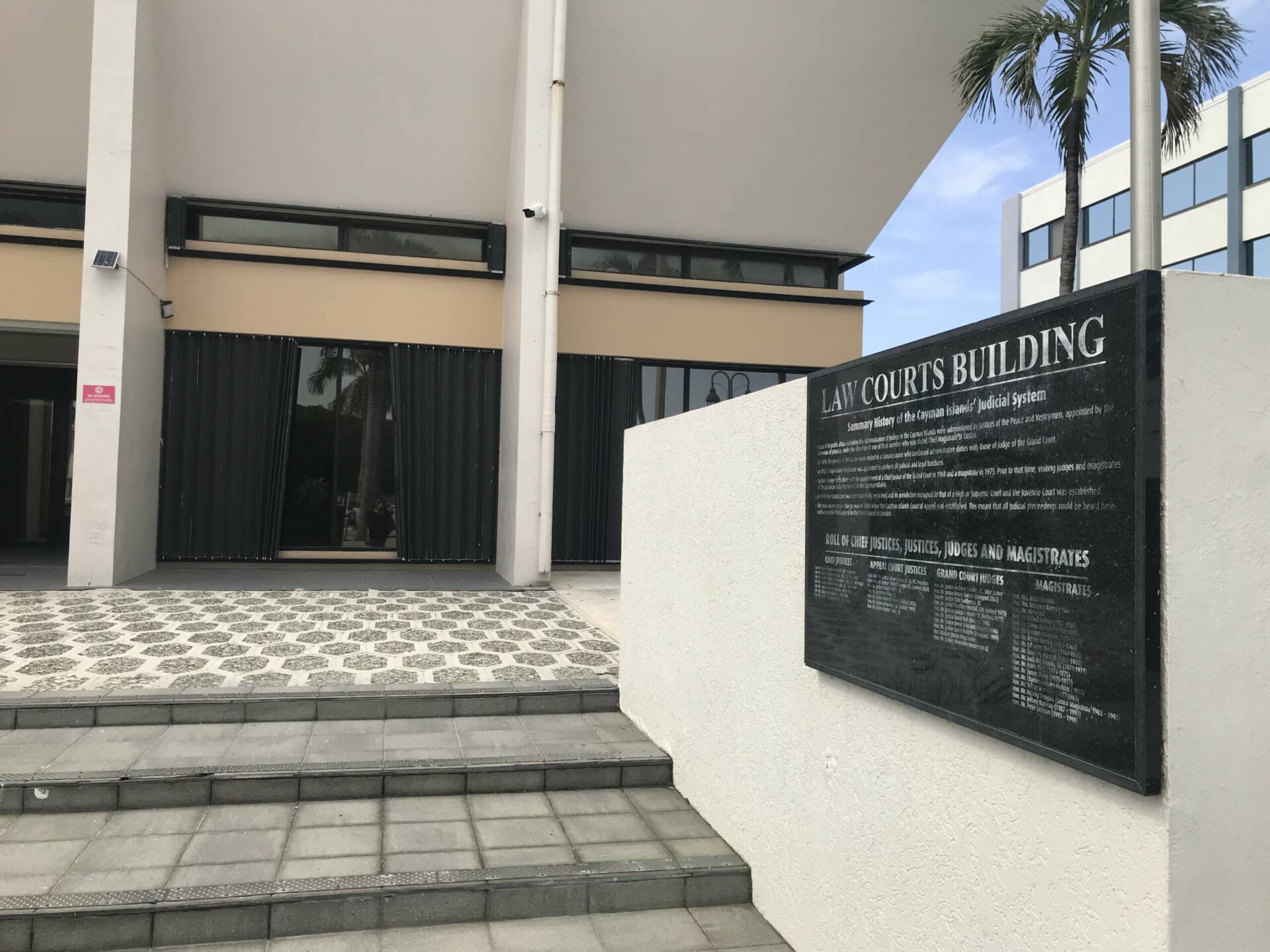By James Whittaker
Copyright caymancompass

Police used a search warrant for an offence that no longer exists to seize a laptop and cellphones containing confidential client information from a criminal defence attorney, according to a court filing.
Officers are alleged to have used the invalid warrant to raid the home of lawyer Keith Myers in September last year, at a time when he was being investigated for ‘conspiracy to defeat justice’. The offence was repealed in 2022.
Myers claims data taken in the search – and later uploaded to a police database – contained confidential information from multiple clients involved in ongoing criminal proceedings.
The Compass understands that some of those clients have successfully applied to join legal proceedings against the police and the justice of the peace who signed the warrant.
In a judicial review application, Myers’ attorneys argue the raid risks contaminating ongoing prosecutions.
“This was not just a fishing expedition – it was a fishing expedition in waters the police should never have been allowed to enter,” the court filing states, echoing a previous landmark ruling about an illegal search of Grand Court Judge, Justice Alex Henderson’s office.
A three-day hearing was initially set for July but was postponed on the morning it was due to begin. The Compass was informed a ‘consent order’ – a legally binding out-of-court settlement – had been agreed in relation to some, but not all, of Myers’ claims.
Neither the court nor the lawyers involved were willing to provide a copy of the order or an indication of what it contains. The judicial review application and the Form 53 outline of Myers’ case – which are legally public documents – were not uploaded to the official register until after the trial date and only following a Compass request.
The case raises serious questions about the use of search warrants, the sanctity of attorney-client privilege and the potential for criminal cases to be affected by the alleged overreach. The Compass understands that out-of-court negotiations continue and a trial may still be needed on some elements of the court filing. We will continue to push for these matters to be made public.
Legal privilege
According to the filing, Myers warned officers during the search and later in writing that his laptop was a work device full of legally privileged material. Despite this, the writ alleges, police uploaded the entire contents of his devices to their digital forensic hub, potentially compromising the fairness of ongoing actions against his clients.
“The materials will contain the Applicant’s past and present clients’ instructions and endorsements in respect to multiple criminal investigations and prosecutions. All are interested parties,” the filing warns.
“The refusal by the police to return the Applicant’s laptop until the date of this application has frustrated his ability to comply with his own duty to advise his present and past clients of the unlawful seizure.”
Given Myers’ status as a criminal defence attorney who is also a sole practitioner, the filing states it should have been obvious that his electronics would contain confidential data subject to legal privilege. It argues that because of this, the warrant should not have been sought from a justice of the peace but from a judge with the legal expertise to protect privilege.
Either way, the filing claims the warrant itself was illegal because the offence Myers was suspected of – conspiracy to defeat justice – had been repealed in 2022 and was no longer a crime. It adds that the offence had never been an arrestable one that could have justified a search warrant.
Myers is asking the court to declare the police’s entry and review of his seized data unlawful, to order all copies destroyed, to have an independent expert confirm the destruction and identify who accessed the data, and to bar anyone involved from using the material or investigating him further. He is also seeking damages, costs and any other appropriate relief.
The Compass understands that some elements of this claim have been settled, and we continue to request documents confirming this



